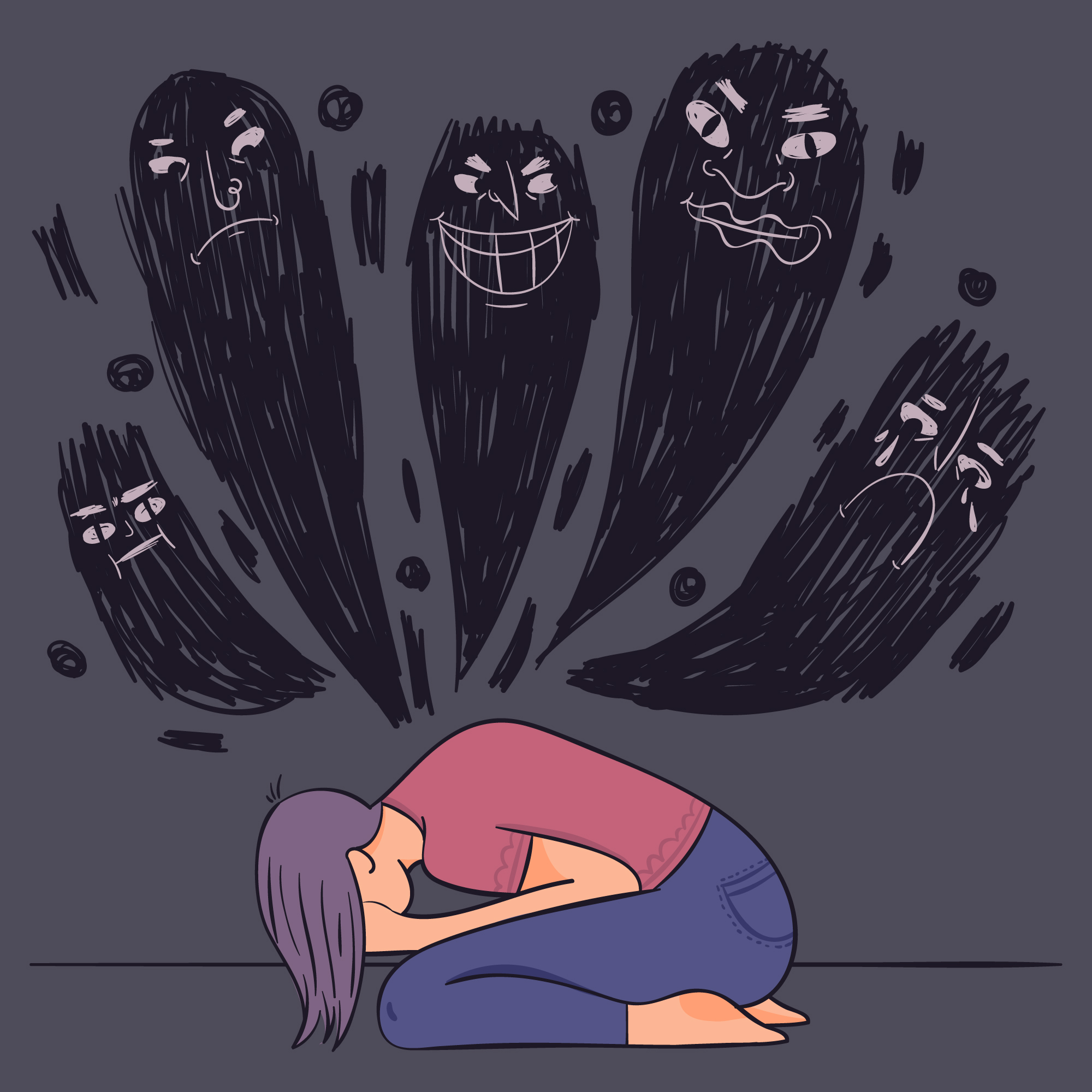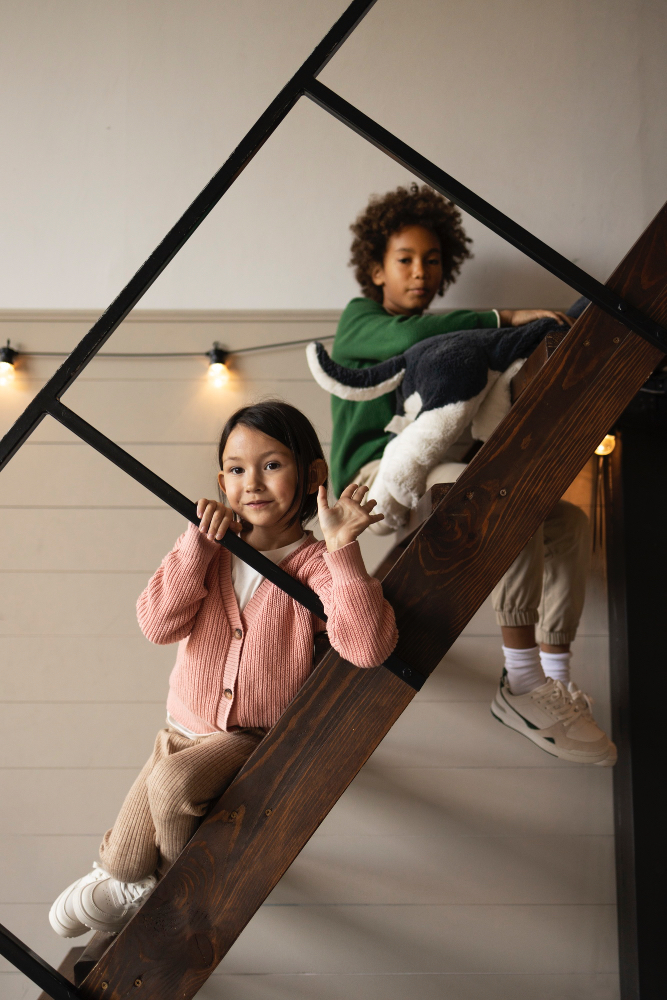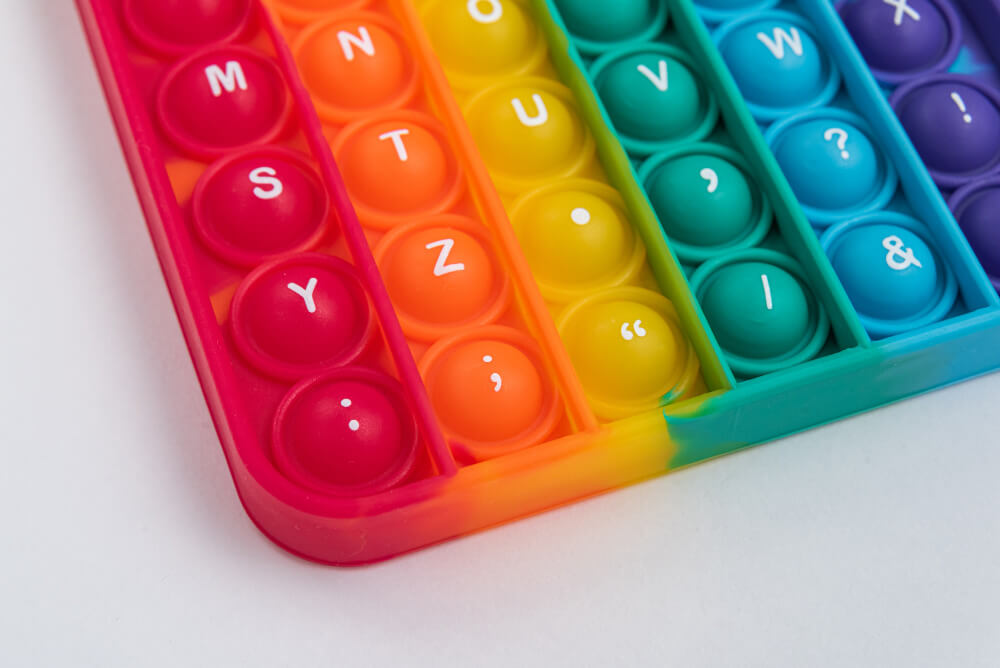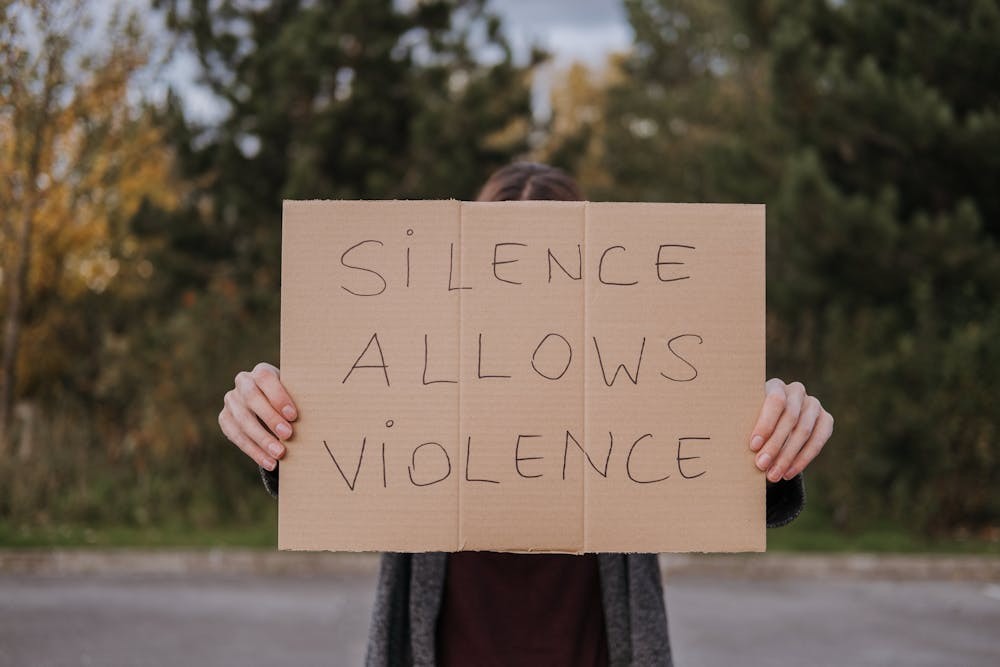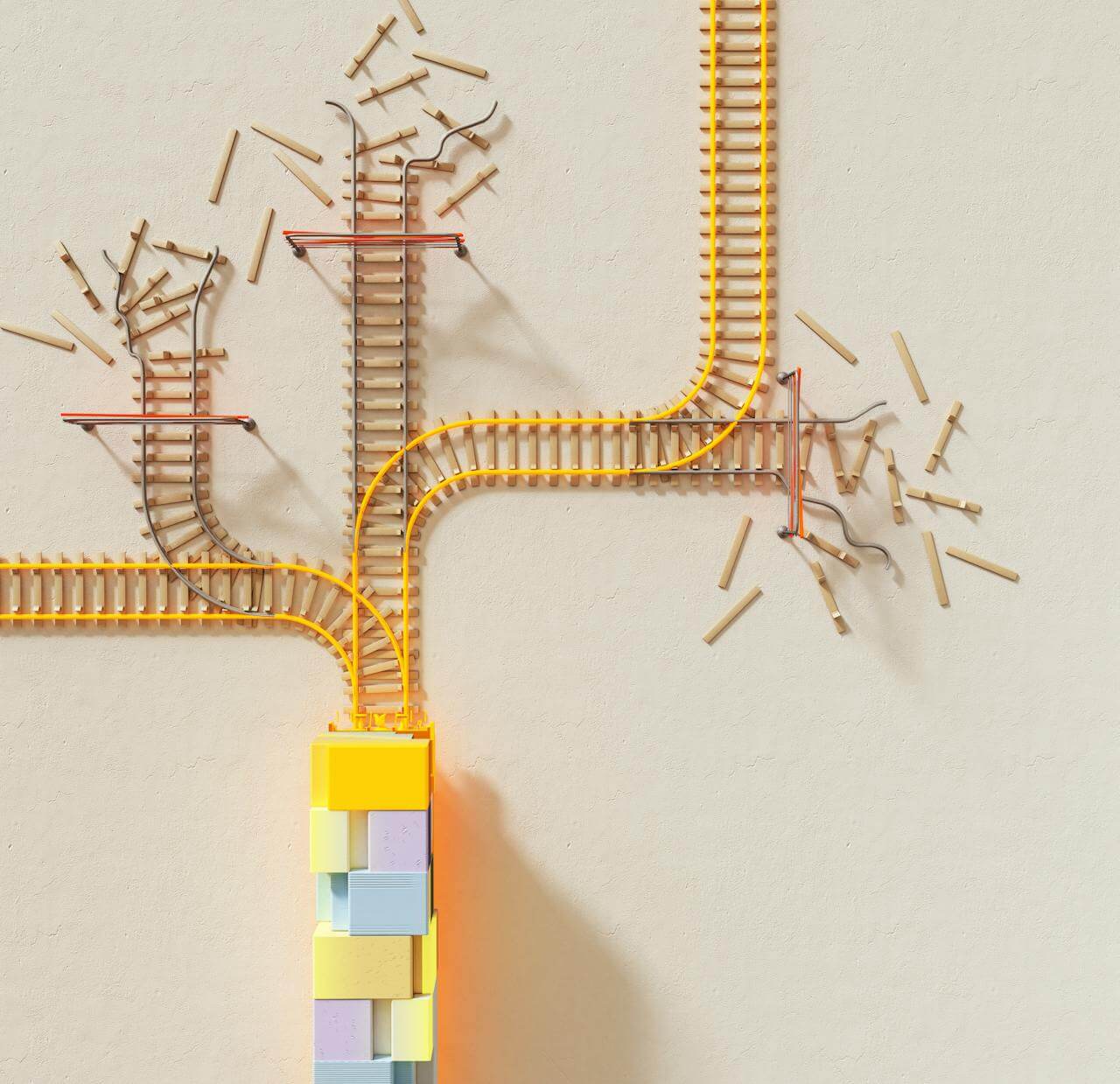Many adults interpret PDA children’s behaviour as domineering or oppositional—assuming they seek to exert power over others, test limits, or reject authority for sport. This view leads to efforts to contain, discipline, or strategically outmanoeuvre the child, reinforcing cycles of resistance and rupture. But control is not the goal—it is the last grasp of a child struggling to remain intact.
The truth: PDA is a drive for autonomy, not dominance
You can think of PDA as a pervasive drive for autonomy, and once you begin to view it through that lens, everything changes. It becomes clear why a neutral request can spark an explosion, why a suggestion feels like entrapment, why a well-intentioned gesture can land as a threat.
I have some internalising PDA aspects and my first manager said famously that I had an ‘overactive sense of oppression.’ Which may have been true, but was also the reason I was impeccably attuned to injustice and why I was the perfect employee for a social and environmental justice consultancy.
While people often end the conversation at autonomy it’s also about wanting a world where good ideas win and shitty hierarchies that don’t serve progress are abandoned.
Why it works
The child is not defending their preferences; they are defending their right to exist in self-direction. Loss of autonomy—for a child with a PDA profile—can feel like drowning. The nervous system registers a threat, and the child may respond in ways that seem irrational: shutting down, lashing out, refusing support, even turning on the people they love most. I often think of it as the panic of someone who has gone under—clawing at anything, anyone, to breathe.
And sometimes, in that panic, they reach not for safety, but for equality. This is what some families describe as levelling—the child feels so overpowered, so helpless, that they attempt to equalise the dynamic by undermining the autonomy of others. In our family, we sometimes call this sharing the misery. If the child can’t escape the feeling of being controlled, they may try to create a balance by pulling others into the storm.
And if you are honest, haven’t you left a workday, where you were really bummed out and come home and told your people about it and shared a little misery?
It’s easy to assume that PDA children are manipulative, controlling, or selfish—always needing the last word, always resisting help, always demanding to do things their way. But this lens misunderstands the core of what’s happening. The child is not seeking power for its own sake. They are seeking oxygen.
Cars are one of the most common sites of emotional breakdown in families with PDA children—a perfect storm of confinement, sensory chaos, and unspoken expectations. We used to play a game in the car after we realised that everybody was just trying to get the last word in. We called it shut up shut up everybody shut up and the first person to say it “won” the round because it marked the moment we recognised things had degraded. It was our way of flagging, with humour, that regulation had dropped out. Because once autonomy begins to collapse, once someone feels trapped, the nervous system starts flailing, and the instinct to equalise—to bring everyone into the misery—kicks in.
The practice: preserve agency wherever possible
Before you speak, pause and ask: Will this feel like a demand? Before you intervene, ask: Can I offer a choice instead?These small shifts matter. Let the child lead when they are able. Narrate your actions instead of directing theirs. Soften your language. Say, “I’m going this way—you can come if you want,” instead of “Want to come?”
And when levelling behaviour appears—when the child mocks a sibling, undermines a parent, or creates chaos in a room where they feel out of control—pause before disciplining. Ask yourself: What did they lose just before this happened? What decision was taken away? What subtle shift in power became unbearable? Levelling isn’t cruelty. It’s the desperate act of a child trying to feel OK.
If you’re the parent
Some kids—especially those with a PDA profile—feel unsafe or overwhelmed when someone else is in charge of their body, choices, or timing. Even when you’re trying to be gentle, a question like “Do you want to come?” can feel like pressure. It might sound like there’s only one right answer.
Instead, it’s often more helpful to just say what you’re doing—like, “I’m heading this way, see you if you’re coming”—and leave space for your child to follow on their own terms. That way they stay in charge of their decision. It gives them more room to feel safe, and it lowers the emotional pressure that can lead to dysregulation.
It’s hard to parent like this, especially when it feels like nothing you try works. You might feel rejected or drained. But your child isn’t trying to push you away. They’re trying to survive. What they really need is for you to stay close without controlling them. That’s how trust builds—slowly, with room to breathe.
That may mean loosening control over routines, scripts, or expectations. It may mean letting the child make strange or inconvenient choices. But it will also mean building a relationship that does not require submission to stay intact. And if that relationship is not built—if a child is consistently pushed, coerced, or cornered—they will lose trust, and over time, that rupture may become a refusal to engage at all. What begins as resistance may harden into collapse. The window to stay in connection narrows. And without that connection, no strategy, no schedule, no framework will hold.
If you’re the teacher
You may feel like you’re constantly being pushed away, like nothing you do is helpful, like this child only accepts love on impossible terms. And some days, it may feel like your own autonomy has evaporated too. But remember: they are not trying to make your life inconvenient. Despite all the problems, my children always loved you and that broke my heart since they were hurt so many times.
They were trying to exist.
And they are inviting you—again and again, even when it hurts—to find ways to stay connected without holding the reins. That may mean loosening control over routines, scripts, or expectations. It may mean letting the child make strange or inconvenient choices. But it will also mean building a relationship that does not require submission to stay intact. Children wake up every day hoping that the people who support them will rise to the occasion and make their lives bearable. Every day is a new chance to build connection—until it isn’t. The window to stay in relationship narrows over time. Don’t wait.
Final reflection
Autonomy is not a privilege earned through compliance. It is a right. And for PDA children, it is also a regulatory need. When we treat it as optional—or worse, as defiance—we turn every moment into a battleground. But when we protect it, nurture it, and build our systems around it, everything softens. The child breathes easier. So do we.

